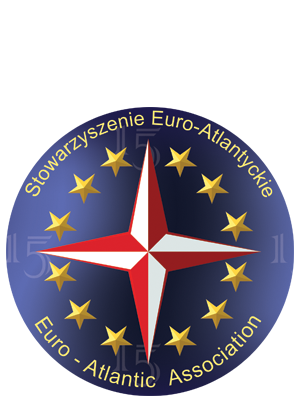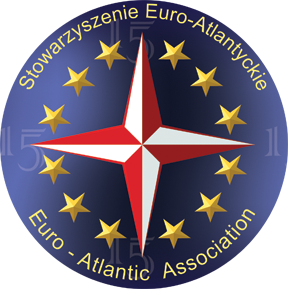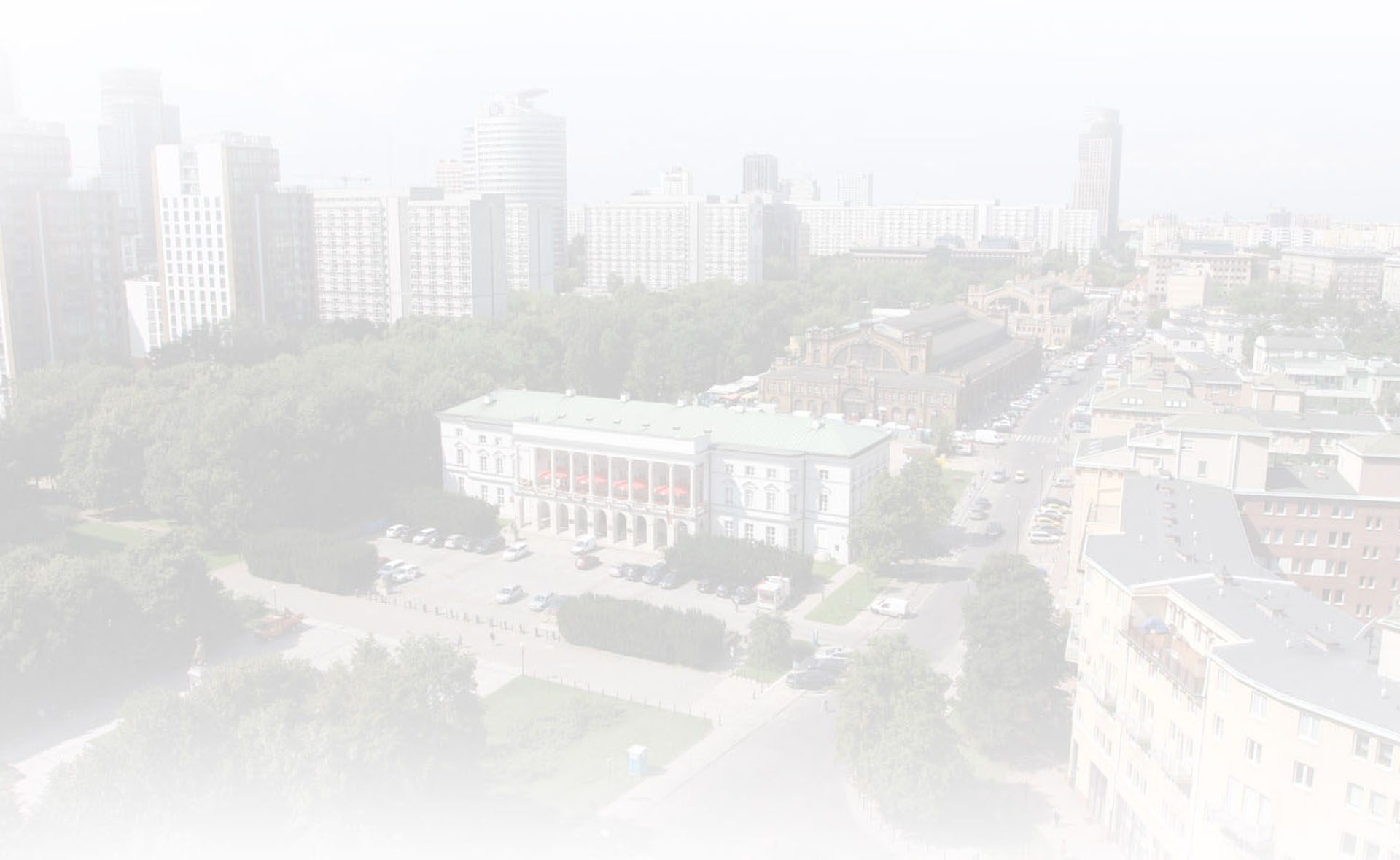Old habits die hard
Komentarz Przewodniczącego Rady Wykonawczej SEA Janusza Onyszkiewicza
Old habits die hard
When it became clear that Russia treats the Ukrainian plans to get closer to the European Union and sign the association agreement as an indication of its intention to loosen the ties with Russia, Chancellor Angela Merkel described this attitude as relics of the Cold War period. She was certainly right. One of the predominant features of that period was a zero-sum principle as one of the main characteristics of the political game played by two sides- the so called West and the Soviet Union. This approach could be seen a couple of years ago when Ukraine was aspiring to join NATO. Russian reaction to that was dramatically stronger. Two leading Russian political analysts Timofei Bordachev and Sergei Karaganov wrote : „this must be said straight out, the possibility of NATO’s expansion to Ukraine, which Russia’s elite views as a vital threat to its security, has created ad maintains- for as long as this possibility exists – a threat of a large scale war in Europe, which may escalate unpredictably”.
Such a zero sum game approach is quite natural in a situation when there is a clear distinction between „us” and „them” combined with the strong feeling that „they” are not our political rivals but deadly enemies aiming at our total destruction.
In the atmosphere of confrontation there is a very little room for confidence and cooperation. Everything which makes our adversary stronger must mean our loss.
The end of the cold war should result in a complete change of this paradigm. It should, but it did not, at least not everywhere.
The serious change can easily be seen in many old NATO member countries. For the US, Russia to-day does not represent an existential threat, even more- Russia is no longer central to the US security policy. This change is very difficult for some Russians to accept. They still would like to see Russia as a great world superpower on par with the US. This is one of the reasons why Russia attaches so much importance to its nuclear strategic potential because this is practically the only area where this historically established parity and unique military status can be claimed.
Missile defence is seen by Russia as a way of eliminating this strategic balance. The argument often used boils down to the following: if US would launch a first nuclear strike on Russia, its nuclear forces could be so much affected and incapacitated that even this marginal capability of MD installation in Poland or Rumania would be enough to give the US a complete protection against a nuclear Russian response.
It is hard to deny viability of such reasoning but only in cold war logic. The main question which should be asked is why on earth US either in present political situation or in a foreseeable future would even consider such a nuclear strike. It seems that those advancing such an argument think that if somebody has a certain capability he will inevitably be very seriously tempted to use it, what amounts to identifying capability with intentions.
The other example illustrating this cold war thinking is a clear reference in Russian military doctrine to NATO as potentially the main threat, or major Russian military exercises known under the name „Zapad” (West). The first one toot place in 2009 and was based on the scenario of an attack from NATO triggered by an uprising of Polish minority in Belarus. The recent one had officially more neutral scenario (fighting terrorist groups) but the scale of the exercises and various elements like firing ballistic missiles capable to carry nuclear warheads clearly show that the real scenario was different.
On top of that it is worth to note the recent plans to redeploy one of combat planes air wing from Russia to Belarus or air raid of strategic nuclear capable Russian bombers practicing and attack on Stockholm.
All of this shows that a threat from NATO is not seen as a hypothetical rather and very unlikely possibility, which could be studied in military staff intellectual exercises but as something very real. It is worth noticing, that although this attitude in Russia is of rather limited intensity, it is much more explicit in Belarus, where Alexander Lukashenka plays the card of an external threat to consolidate its dictatorial grip on the Belarus population.
Another example of cold war thinking was the 2008 war with Georgia which was seen in Russia as a proxy war with NATO and the United States. Although the response to Georgian attack on South Ossetia capital Ckhinvali could be understood (but, certainly not its scale and the geographical extent), there was also another theater of military activities, namely Abkhazia. The invasion of that enclave has not been even remotely justified by what was happening in Ossetia and should be considered as a clear example of not a preemptive attack, but preventive war waged on an area which was a part of a country considered a NATO and US ally. Naturally one can say that a war with Iraq had the same character but this conflict was outside the Russia- NATO framework.
The main problem with NATO-Russia relations is a complete divergence of political culture of both sides in the area of security. Russia, very much like during the cold war period (and-as a matter of fact- during at least the last 150 years if not longer) adheres to the security based on the balance of power and spheres of influence whereas NATO would like to build during the post cold war period its security on the basis of cooperation, transparency and confidence measures. Therefore, if NATO wants to send a signal the Russian side would understand, it must play the game according to Russian rules. It is very difficult on a pitch to play football if the other teams play rugby.
The cold war thinking is, unfortunately not the Russian (or Belarusian) monopoly. At least some countries or some influential political forces in these countries are not completely immune to cold war rhetoric. It is worth mentioning a certain categorization of European countries made in an extensive analysis „Power Audit of EU-Russia Relations” written by Mark Leonard and Nicu Popescu. In this booklet one can find two countries described by the authors as „cold war warriors”: Lithuania and Poland.
In case of Poland, it is the Law and Justice Party, (PiS), that in time the booklet was written ruled the country. Polish politics at that time was clearly tainted by cold war perception of Russia as an imminent threat and an opponent which by no means could be trusted. Zero sum game with respect to Russia was very much dominating activities of Polish government at that time. This approach to Russia is still lingering on in PiS, but since 2007 the country is run by quite different coalition which tries to establish Polish-Russia relations on a quite different basis.
The tendency to think still in the terms of a zero sum game is not a Polish-Lithuanian monopoly. It is enough to read various comments after the agreement on the dismantling Syrian chemical weapons arsenal. For Russia, to be involved in such a meaningful manner was clear evidence that the country returns to the group of politically big players. For many in NATO countries it was an evidence of the lack of resolve and a sign of the US weakness.
Brushing aside often seen a cold war Russian rhetoric, it is easy to realize that in a political and military reality things look better. In recently adopted Polish security strategy it is quite explicitly written that a major military conflict is in the foreseeable future extremely unlikely. The deployment of Russian forces does not indicate that for them NATO is the main worry. After all, the strongest military operational command are Eastern and Southern- not the Western. Even in a very touchy issue of Missile Defence there is an impressive body of opinion in Russia that there is no compelling reason to react so dramatically as long as the MD installations in Europe will not be able to intercept Russian intercontinental missiles, and in fact the recent US decision to scrap the so called phase IV of the MD development are going exactly in this direction.
So, what is the reason behind some military demonstrations and drastic cold war type rhetoric? It seems that the answer is: domestic policy. In Russia it helps to keep the nation more united around the political leadership and Russian adherence to the balance of power principle dictates keeping certain parity with China, but for the sake of political correctness it is easier to make NATO a point of reference. Countries on the Eastern border of NATO are aware of this “balance of power” principle and cannot afford publicly to look defenceless, especially in a situation when Russian military expenditures grow every year by 20% or more.
And, finally, flexing the muscles is a certain message not necessarily addressed to the most traditional recipient but to new ones which are either not so well seen yet or better not to be publicly mentioned.
Janusz Onyszkiewicz
Chairman of SEA Executive Council






Sorry, the comment form is closed at this time.